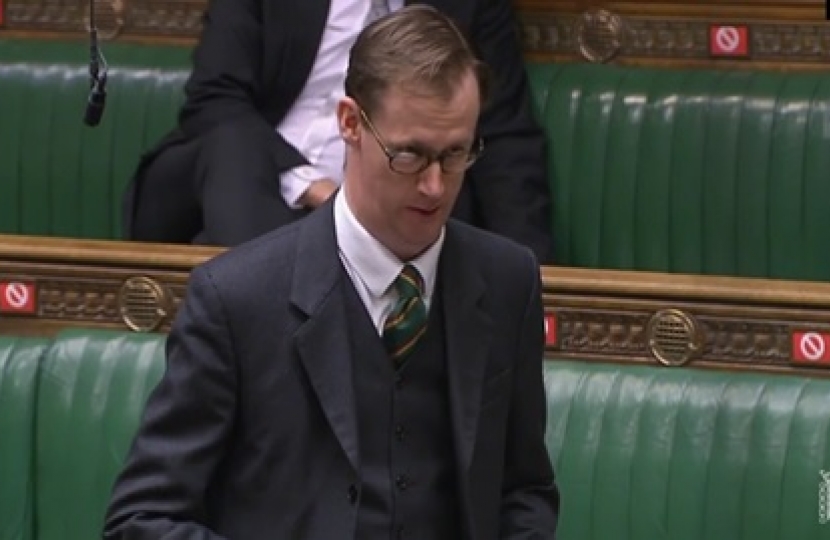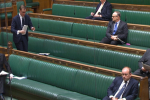
Last night, the House of Commons debated proposed amendments to the Trade Bill. I applied to speak in the debate but in the one-hour debate only the fifteenth speaker was reached (I was number 29 on the list). Had I been called to speak, these are the comments that I would have made:
This is the third iteration of a so-called genocide amendment by Lord Alton of Liverpool. I would first like to congratulate Lord Alton in his tenacity in raising the issue of genocide in relation to China, specifically, and trade more broadly.
In this House, Sir Iain Duncan Smith sets out the argument well and I’m grateful to Nus Ghani for the work that she has done to highlight relevant issues and to give me the opportunity to meet affected groups, including representatives of the Uighur people.
While I admire the passion of those behind this amendment, unfortunately I cannot support it. The first and second iterations of this amendment created a judicial process, in which the High Court, or its Scottish or Northern Irish equivalents, would be able to make a preliminary ruling on whether genocide has occurred.
While that amendment was well-intentioned, I believed at the time that it would be unsatisfactory as the likely respondent in any such proceedings would be Her Majesty’s Government. What I feel is the ultimate aim of the amendment – to give victims their day in court, with the implication that they face their accuser – would be unfulfilled.
The amendment in the name of Sir Bob Neill proposed an amendment that would reach the same end – that is, an opportunity for discussion in this house - but through a different mechanism, a select committee deciding if there are ‘credible reports’ of genocide in a particular country. This current amendment would amend that further, by creating a parliamentary judicial committee, comprising those who have previously held high judicial office, to make the determination.
While, again, I stress my admiration for the motivation of those behind this amendment, I do not see what it adds: a parliamentary judicial committee is not a court. Any decision would not hold the authority of a court judgment. Further, the creation of such a parliamentary judicial committee is a novel constitutional step. While I accept that how this country responds to reports of genocide abroad is important, and I am sure that we can all agree that genocide is the most heinous crimes, our response should not require the creation of an entirely new constitutional process.
It is also unclear to me how such a committee might be able to investigate reports of genocide more competently, thoroughly or decisively than a select committee. As Baroness Falkner of Margravine observed in the other place, “a judicial committee would mainly help us to ascertain the facts. Judges are not substitutes for intelligence reports, scrutiny undertaken by our select committees or academic scrutiny.”
And it is for reasons that I regret that I cannot support this amendment this evening.


